A new generation vaccine shows promising results, preventing up to 88% of aggressive cancers

- Europe and Arabs
- Saturday , 11 October 2025 11:16 AM GMT
Washington - Brussels: Europe and the Arabs
A new scientific study has shown that an experimental vaccine was able to prevent up to 88% of aggressive, hard-to-treat cancers, using a dual-pathway nanotechnology that stimulates the immune system to recognize and destroy cancer cells.
According to a report published by the New Atlas website, the study, led by researchers from the University of Massachusetts Amherst, focused on three types of cancer considered among the most clinically challenging: melanoma, pancreatic cancer, and triple-negative breast cancer. These types are known to be aggressive, common, and difficult to respond to conventional treatment.
Stimulating the Immune System with Nanoparticles
Pravhani Attukorale, assistant professor in the Department of Biomedical Engineering at the Riccio School of Engineering at the University of Massachusetts and one of the lead authors of the study, said that the design of the nanoparticles aims to "activate the immune system through multiple pathways along with specific cancer antigens," which helped prevent tumor growth with significant survival rates in mice. According to the European News Network website in Brussels, "Euronews," the vaccine combines two immune-stimulating molecules within small lipid nanoparticles that enhance both innate and adaptive immune responses. Innate immunity acts as the body's first line of defense and responds quickly and nonspecifically, while adaptive immunity provides a targeted, long-lasting response by training T and B cells to recognize future threats.
Experiments on Multiple Cancer Models
The vaccine was administered subcutaneously on a schedule of days 0, 14, and 35, using a combination of tumor-specific peptides or whole cell extracts to simulate the tumor environment. It was then tested on models of three types of aggressive cancer. The researchers also measured the nanoparticles' delivery to lymph nodes and their ability to activate dendritic cells and stimulate T and B cells.
The results showed that the dual nanoparticles led to an effective and enhanced immune response, with good drainage to lymph nodes and significant activation of dendritic cells. When used with multiple peptides, 100% of vaccinated mice were tumor-resistant, while all untreated or single-challenge mice died within one month. Mice that survived the first challenge also remained tumor-free when re-exposed months later, suggesting long-lasting immune memory.
Resistance to Metastasis and Immune Memory
“Cancer metastasis remains the greatest challenge in oncology, with metastases causing the majority of cancer-related deaths,” said Attukoraly. “The advantage of immunotherapy is that immune memory is not limited to the tumor site, but rather operates at a whole-body level.”
When using whole tumor extracts instead of specific peptides, the vaccine achieved protection across all three types of cancer: melanoma, pancreatic, and breast cancer. Between 69% and 88% of mice remained tumor-free after the first challenge, and all survived the second challenge. The results showed that T and B cells together contributed to multi-arm immunity. Toward the Development of Preventive and Curative Therapies
"The robust response of tumor-specific T cells is key to the observed survival benefits," said Griffin Kane, a postdoctoral researcher at the University of Massachusetts and lead author of the study. "Treating innate immune cells with this combination generates a robust response that enables antigen presentation and stimulation of tumor-killing T cells."
The researchers envision this vaccine being used in the future as both a preventive and curative therapy, with the potential to target multiple types of cancer. In this context, Attukoraly and Kane have founded a startup company, NanoVax Therapeutics, to develop the technology and transform it into clinical applications.



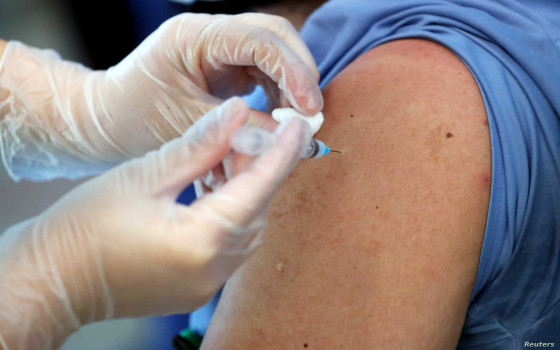

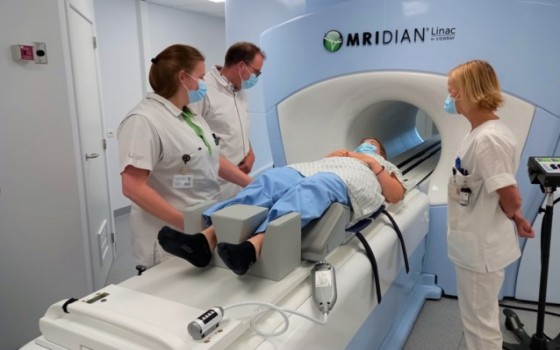

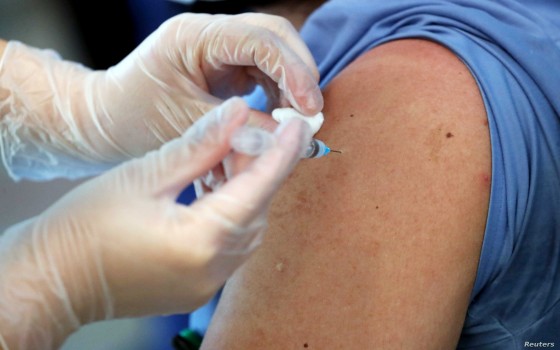
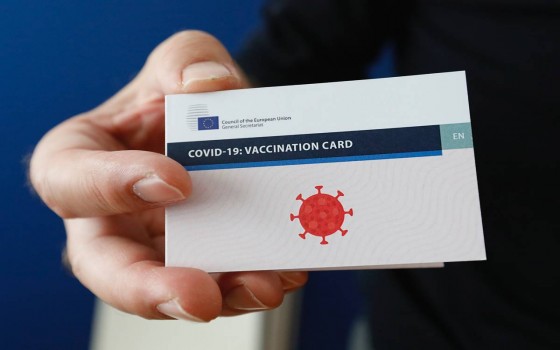


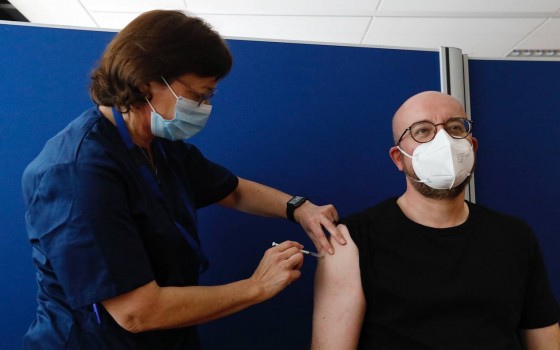


No Comments Found